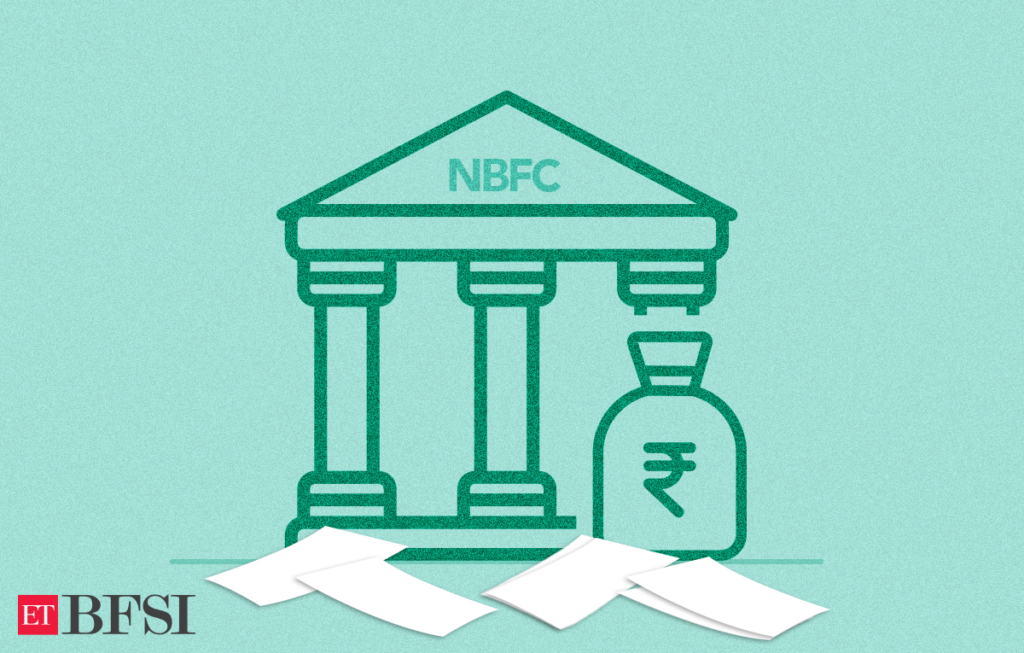MUMBAI: The non-banking financial companies (NBFCs) may soon offer retail loans at lower interest rates, following the Reserve Bank of India’s (RBI) proposal to allow co-lending in non-priority sectors such as personal loans, auto loans and others.
By partnering with banks under the co-lending model, NBFCs will be able to provide retail and business loans at a blended interest rates, which are estimated to be up to 300 basis points (bps) lower than the rates currently offered by the NBFCs. Currently , banks are allowed to enter into co-lending agreements with NBFCs only for priority sector loans.
“NBFCs typically charge higher interest rates than banks. Under the new draft norms, customers will be offered loans at a blended rate-combining bank and NBFC lending – which is expected to be lower than the rates currently offered by NBFCs alone,” said a senior official of a large NBFC.
“The benefit to customers will vary by loan type, but broadly, blended rates for unsecured loans could be 200–300 basis points lower than NBFC rates, and about 30–50 basis points lower for secured loans such as loans against property or vehicle loans.”
Bank lending to NBFCs is growing at slower pace as RBI expressed concerns about overreliance on bank funds. According to RBI data, bank lending to NBFCs grew 7.7% to `16.2 lakh crore as of January 2025 from `15 lakh crore as of January 2024.
“The final interest rate charged to the borrower shall be the blended interest rate which is calculated as an average rate of interest derived from the interest rates charged by respective funding REs (regulated entities), as per their internal lending policies and risk profile of the same or similar borrower, weighted by the proportionate funding share of concerned REs under co-lending arrangements,” said the draft directions co-lending arrangements released by the RBI.
The RBI has proposed to extend co-lending arrangement to all regulated entities and across all loan segments, not just priority sector lending.
At present, if a bank wants to offer non-priority sector loans through a co-lending arrangement with NBFCs, it is required to obtain prior approval from the RBI.
“Any bank can now partner with any NBFC and include their entire range of products under the co-lending model. This will significantly broaden the scope of co-lending, and we will see banks scaling up volumes far beyond current levels,” said Kishore Lodha, chief financial officer, Ugro Capital.
He added that NBFCs have advantages over banks on underwriting small-ticket loans and also have a nimble-footed collection infrastructure. By entering into co-lending agreements, banks can leverage on this ability of NBFCs by having significantly low operating cost and relatively low credit cost while they bring in liquidity to NBFCs and also better rates for the customers.
Experts say that extending co-lending to all loans will boost credit growth. “In a bid to unleash the true potential of co-lending arrangements, the RBI has proposed to extend them to all regulated entities and to all segments – priority sector or otherwise. With this, we believe this segment will undergo strong growth (albeit on a low base) in the near-to-medium term as the trend thus far has been underwhelming for the type of potential co-lending has,” said Prakhar Agarwal, analyst, Elara Securities.
Source: The Financial Express

 Moody’s Cuts India GDP Growth Forecast To 6.1% For 2025
Moody’s Cuts India GDP Growth Forecast To 6.1% For 2025 